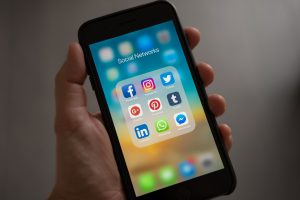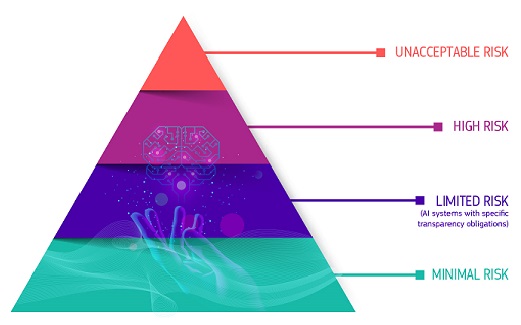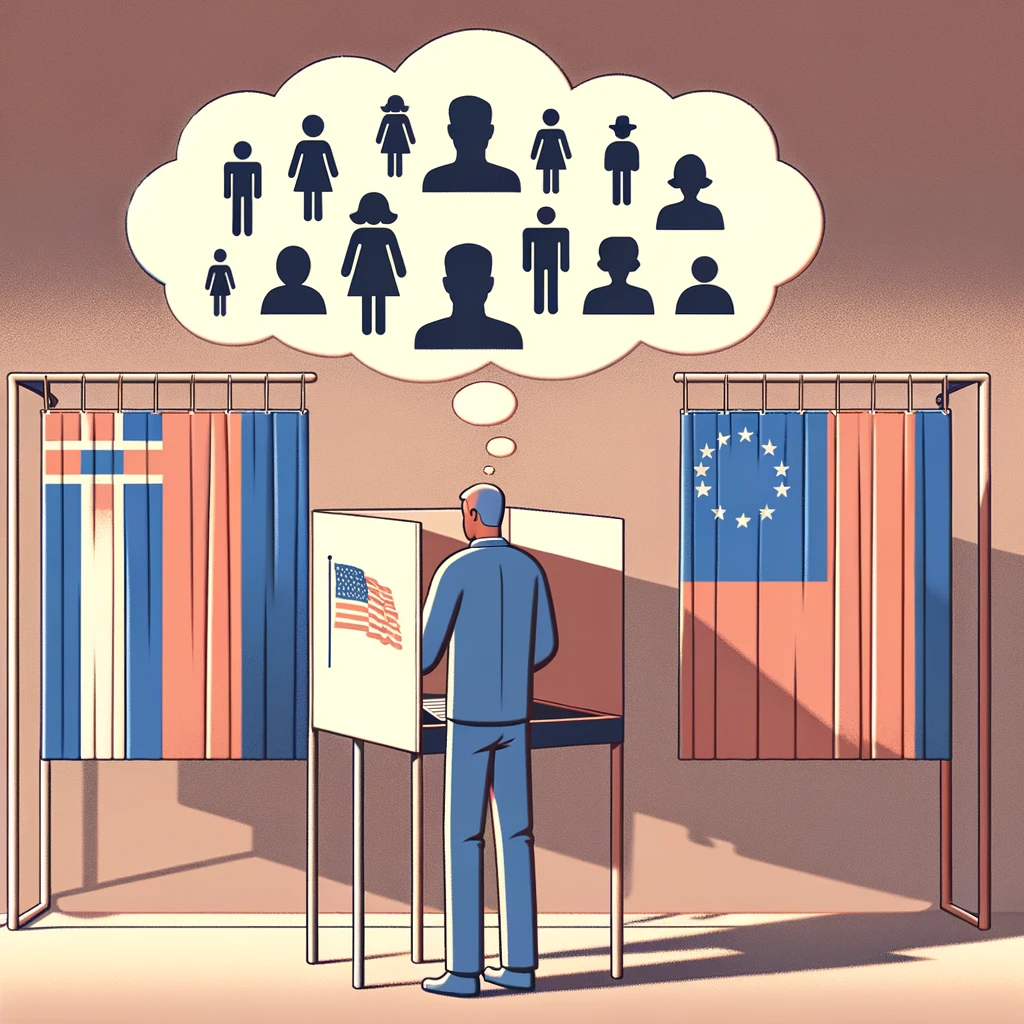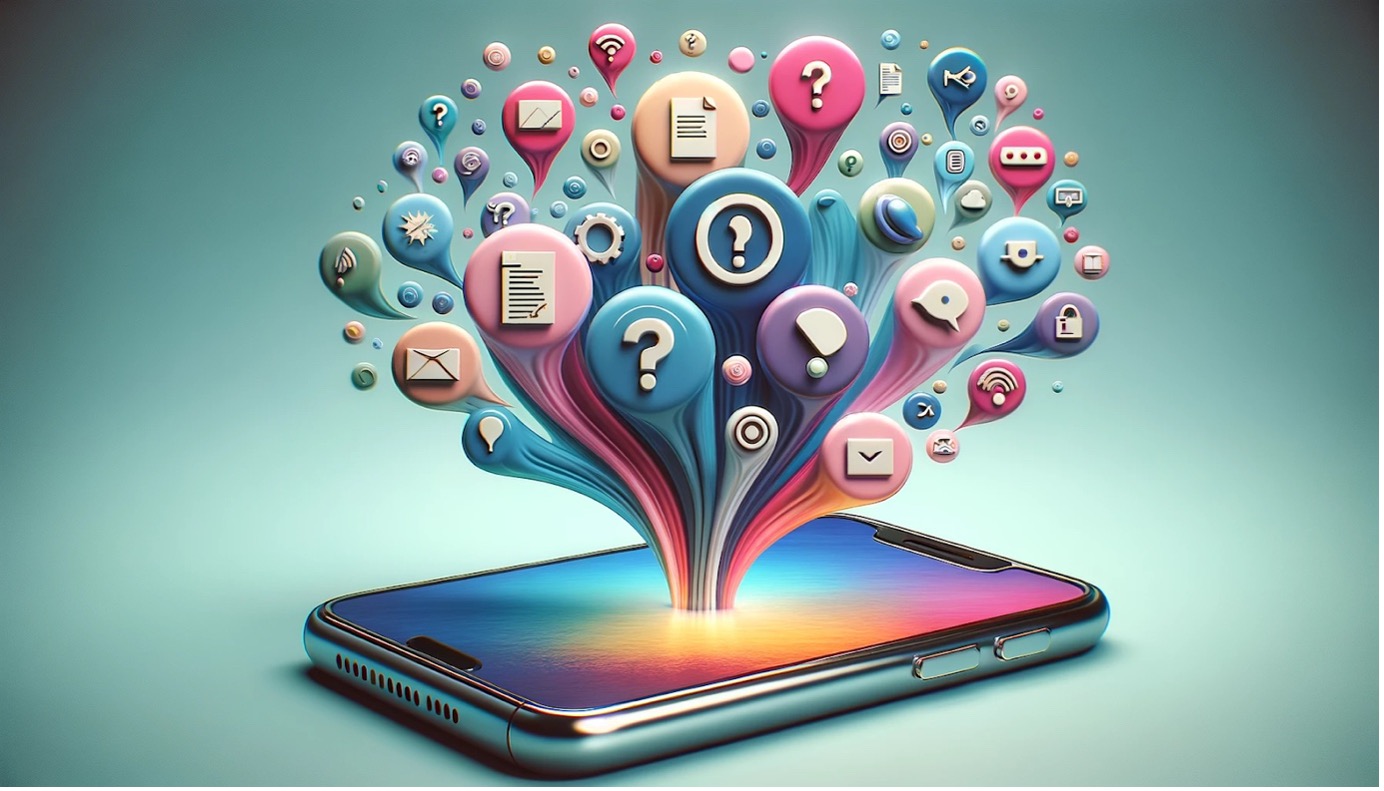We have heard of many stories about Covid and its consequences: did the US start the coronavirus, and is the EU failing to support and falling apart? Is the virus a weapon against China, or is the whole crisis created by the global elite?
All of these claims and speculations are often false or at least inaccurate, but have been widely circulating the internet for weeks. The virus has brought forth a wave of misinformation that is rapidly gaining traction on social media.
The above claims are only the most widely spread of the thousands of total misinformation claims concerning Covid-19. While some claims are outrageous or even hiloarious such as the alleged 380 Belgians catching the virus through an act of group sex, others are more easily believable, especially when shared excessively on social media.
It is simple psychology to follow the crowd, and this is problematic when people share without verifying sources. People may believe misinformation because they seek to blame, generalize, affirm pre-existing beliefs, and so on. Even well-educated people with the highest IQs fall victim to misinformation, and the impact of this will grow as the Covid-19 crisis continues. Media fragmentation, fear, and uncertainty have created the perfect atmosphere for misinformation to spread.
In a recent survey of multiple countries, one in three people have said that they feel the news has exaggerated the pandemic. In the same survey, some people were aware that misinformation was a problem. However, just because people are aware it exists does not necessarily mean that they are able to accurately gauge whether something they read is true and authoritative. In any case, despite the large number of misinformation articles on the internet, only a minority of people surveyed said that they had come across a lot of it.
Those creating misinformation during Covid-19 may do so to influence the public opinion in a foreign country, achieve foreign influence, to stoke hate against a particular ethnic or religious group, to justify or criticize government responses, and more.
Beware! There has even been misinformation concerning miracle cures for the virus, making the potential outcomes of believing misinformation potentially fatal.
As some politicians and companies all over the world attempt to use the virus’ outbreak to further their personal interests, it is imperative for readers to practice media literacy: verify sources, read beyond headlines, crosscheck information, listen to experts, and use common sense. Doing this is not only practicing media literacy – it is the start of a healthier, less stressful frame of mind.
We have heard of many stories about Covid and its consequences: did the US start the coronavirus, and is the EU failing to support and falling apart? Is the virus a weapon against China, or is the whole crisis created by the global elite?
All of these claims and speculations are often false or at least inaccurate, but have been widely circulating the internet for weeks. The virus has brought forth a wave of misinformation that is rapidly gaining traction on social media.
The above claims are only the most widely spread of the thousands of total misinformation claims concerning Covid-19. While some claims are outrageous or even hiloarious such as the alleged 380 Belgians catching the virus through an act of group sex, others are more easily believable, especially when shared excessively on social media.
It is simple psychology to follow the crowd, and this is problematic when people share without verifying sources. People may believe misinformation because they seek to blame, generalize, affirm pre-existing beliefs, and so on. Even well-educated people with the highest IQs fall victim to misinformation, and the impact of this will grow as the Covid-19 crisis continues. Media fragmentation, fear, and uncertainty have created the perfect atmosphere for misinformation to spread.
In a recent survey of multiple countries, one in three people have said that they feel the news has exaggerated the pandemic. In the same survey, some people were aware that misinformation was a problem. However, just because people are aware it exists does not necessarily mean that they are able to accurately gauge whether something they read is true and authoritative. In any case, despite the large number of misinformation articles on the internet, only a minority of people surveyed said that they had come across a lot of it.
Those creating misinformation during Covid-19 may do so to influence the public opinion in a foreign country, achieve foreign influence, to stoke hate against a particular ethnic or religious group, to justify or criticize government responses, and more.
Beware! There has even been misinformation concerning miracle cures for the virus, making the potential outcomes of believing misinformation potentially fatal.
As some politicians and companies all over the world attempt to use the virus’ outbreak to further their personal interests, it is imperative for readers to practice media literacy: verify sources, read beyond headlines, crosscheck information, listen to experts, and use common sense. Doing this is not only practicing media literacy – it is the start of a healthier, less stressful frame of mind.
We have heard of many stories about Covid and its consequences: did the US start the coronavirus, and is the EU failing to support and falling apart? Is the virus a weapon against China, or is the whole crisis created by the global elite?
All of these claims and speculations are often false or at least inaccurate, but have been widely circulating the internet for weeks. The virus has brought forth a wave of misinformation that is rapidly gaining traction on social media.
The above claims are only the most widely spread of the thousands of total misinformation claims concerning Covid-19. While some claims are outrageous or even hiloarious such as the alleged 380 Belgians catching the virus through an act of group sex, others are more easily believable, especially when shared excessively on social media.
It is simple psychology to follow the crowd, and this is problematic when people share without verifying sources. People may believe misinformation because they seek to blame, generalize, affirm pre-existing beliefs, and so on. Even well-educated people with the highest IQs fall victim to misinformation, and the impact of this will grow as the Covid-19 crisis continues. Media fragmentation, fear, and uncertainty have created the perfect atmosphere for misinformation to spread.
In a recent survey of multiple countries, one in three people have said that they feel the news has exaggerated the pandemic. In the same survey, some people were aware that misinformation was a problem. However, just because people are aware it exists does not necessarily mean that they are able to accurately gauge whether something they read is true and authoritative. In any case, despite the large number of misinformation articles on the internet, only a minority of people surveyed said that they had come across a lot of it.
Those creating misinformation during Covid-19 may do so to influence the public opinion in a foreign country, achieve foreign influence, to stoke hate against a particular ethnic or religious group, to justify or criticize government responses, and more.
Beware! There has even been misinformation concerning miracle cures for the virus, making the potential outcomes of believing misinformation potentially fatal.
As some politicians and companies all over the world attempt to use the virus’ outbreak to further their personal interests, it is imperative for readers to practice media literacy: verify sources, read beyond headlines, crosscheck information, listen to experts, and use common sense. Doing this is not only practicing media literacy – it is the start of a healthier, less stressful frame of mind.























































































































































